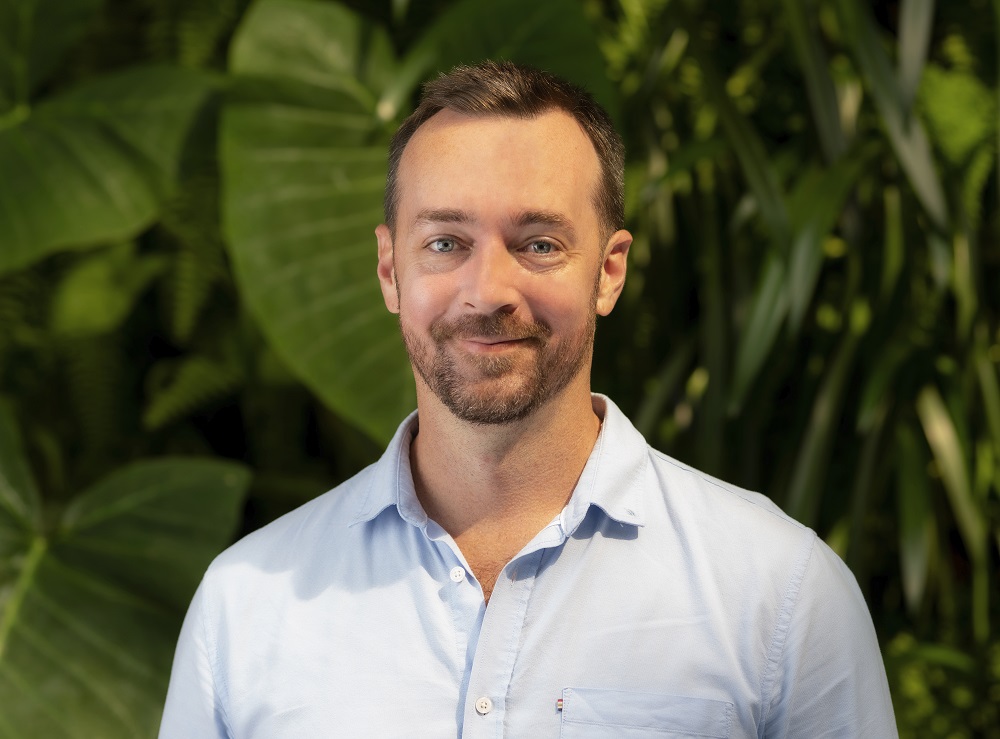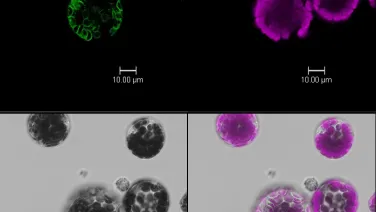Joint Seminar : PS Seminar Series - Integrating technologies to design future crops
Plant scientists are in a race against time to adapt modern crops to future environments, many of which are predicted to be hotter and drier.
Speakers
Event series
Content navigation
Description

Abstract -Plant scientists are in a race against time to adapt modern crops to future environments, many of which are predicted to be hotter and drier. The concept of ‘designer crops’ that are equipped with optimal trait combinations for adaptation is not new. In theory, this approach could help guide the plant breeding process. Progress has been limited by our understanding of the key genes and pathways in crops with large and complex genomes, and generally a poor understanding of the value of different physiological traits in specific environments. However, knowledge is expanding and converging with technologies that create new opportunities. Here, we highlight recent breakthroughs to modulate important traits in cereal crops wheat and barley, using a range of cutting-edge technologies. Firstly, we demonstrate how diverse gene bank collections can be efficiently mined for novel allelic variation by combining high-throughput phenotyping, genotyping, epigenome profiling and artificial intelligence computing. Secondly, we demonstrate how novel alleles can be rapidly introgressed into elite crop varieties to diversify adaptive traits for a range of environments. Finally, we highlight how genome editing can be used to engineer crops with novel variation for architectural traits by exploiting learnings from basic plant research on model species, such as Arabidopsis and Medicago. Overall, the outcomes showcase the importance of fundamental plant research and how it can be translated for crop improvement in an integrated framework with a multidisciplinary team.
Biography - Associate Professor Lee Hickey is a crop geneticist within the Queensland Alliance for Agriculture and Food Innovation at The University of Queensland, Australia. He leads a diverse research team that specialises in plant breeding innovation with a focus on understanding the genetics of above- and below-ground traits that underpin drought adaptation. The Hickey Lab research program spans from lab to field, where designer plant materials are created through speed breeding or engineered in the lab using genome editing, and then evaluated under controlled and field environments using state-of-the-art UAV phenotyping technology. Lee is passionate about training the next generation of crop scientists and currently mentors 13 PhD students, while 12 of his previous graduates now work for leading plant breeding companies and high-profile research institutes around the globe.
Location
Eucalyptus Seminar Room, S205, Level 2, RN Robertson Building (46)

